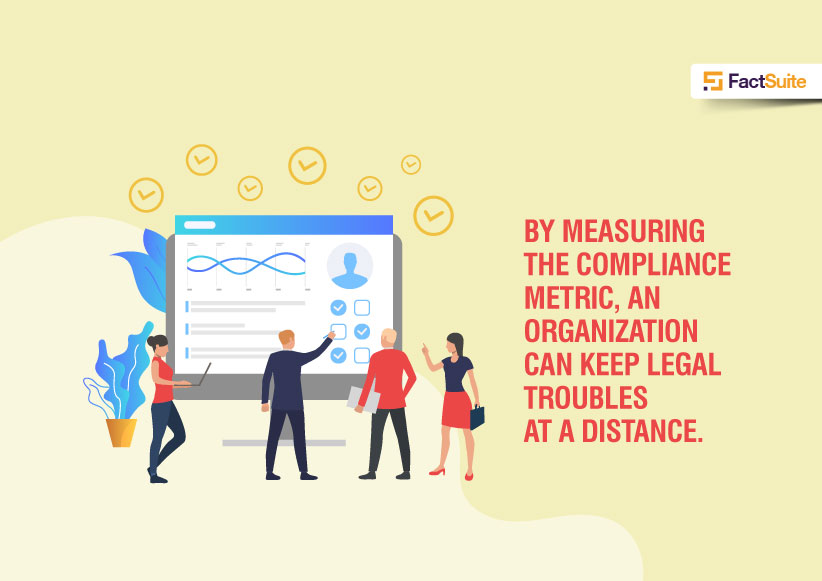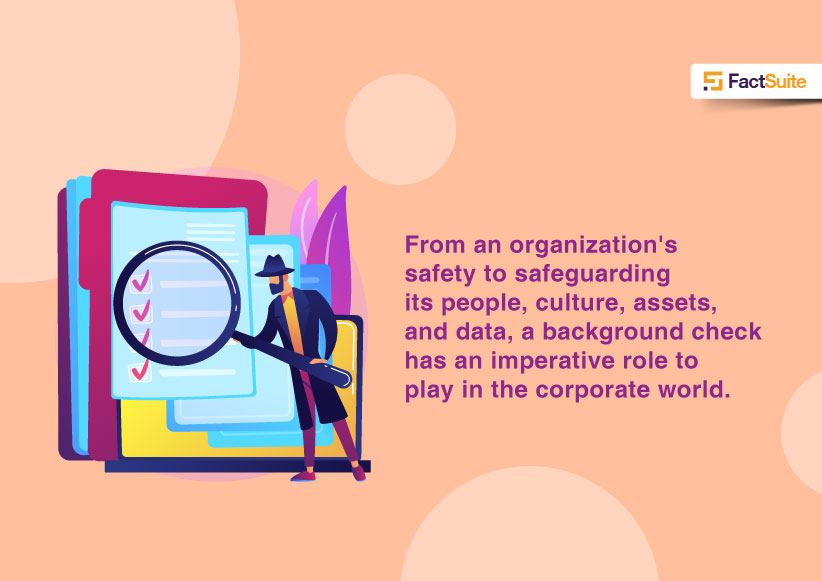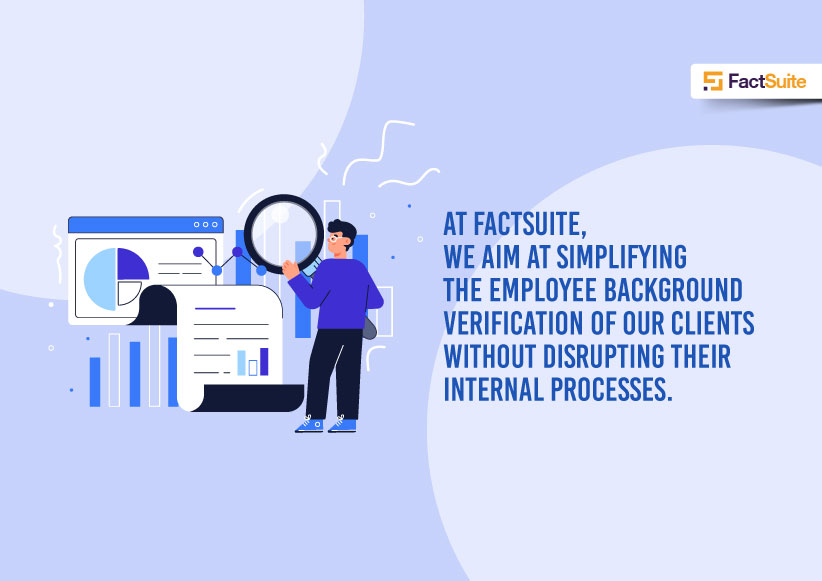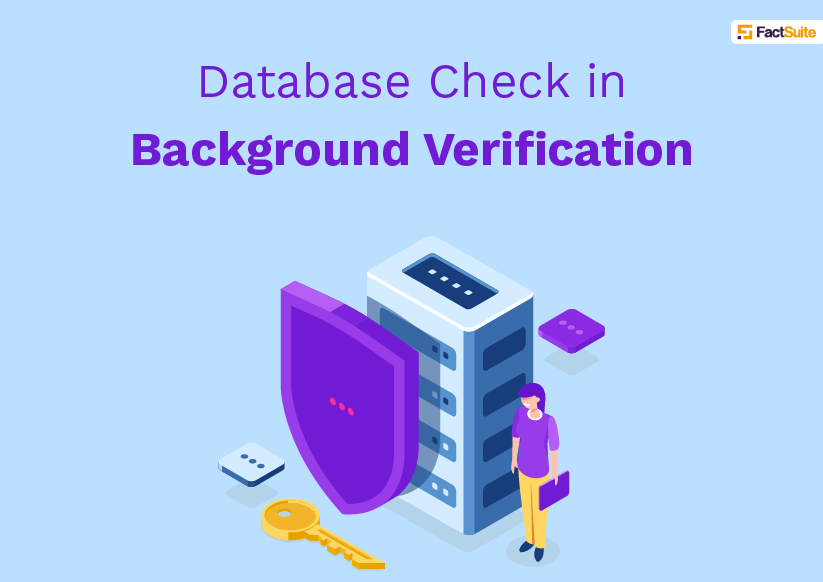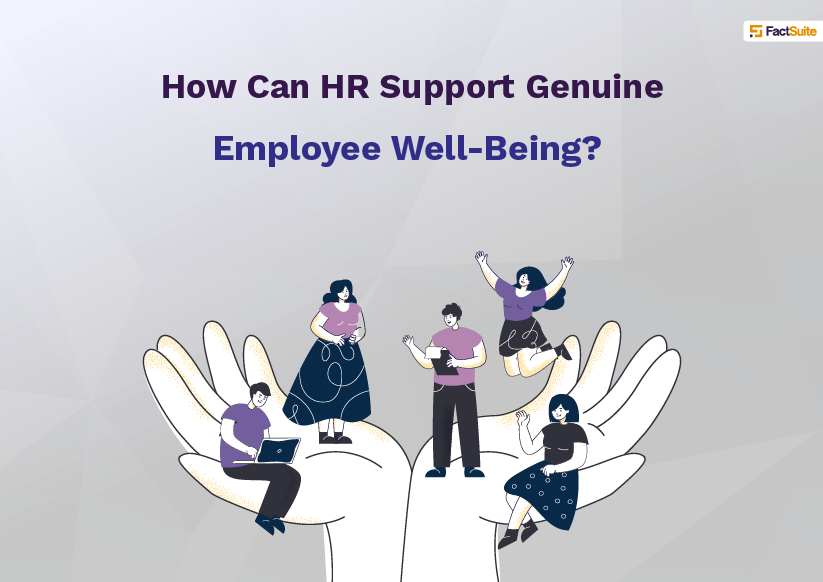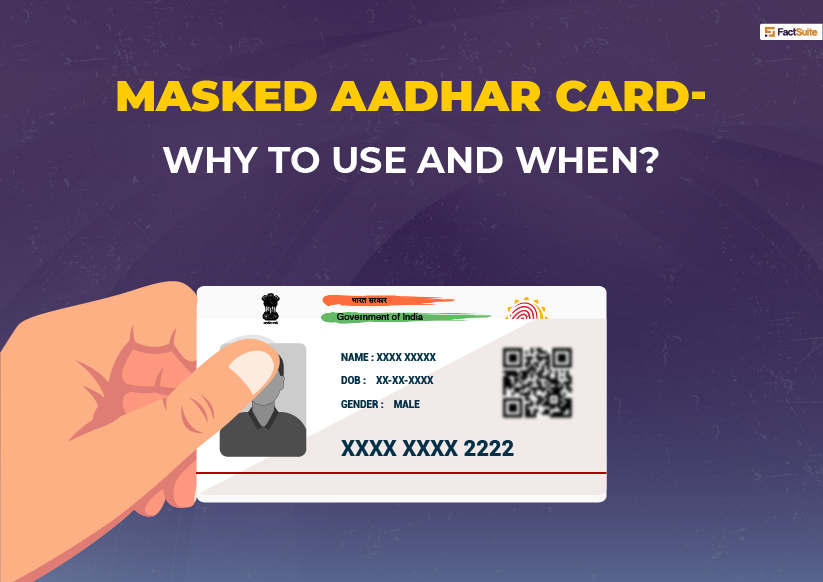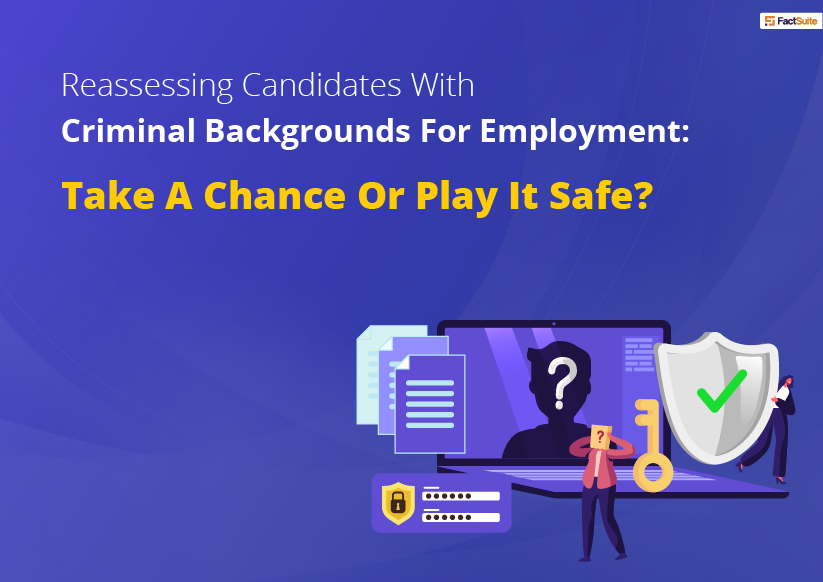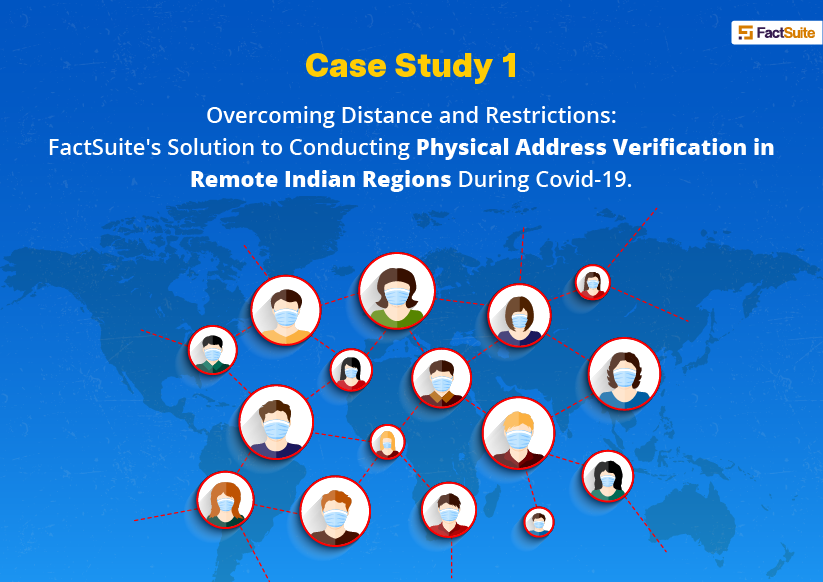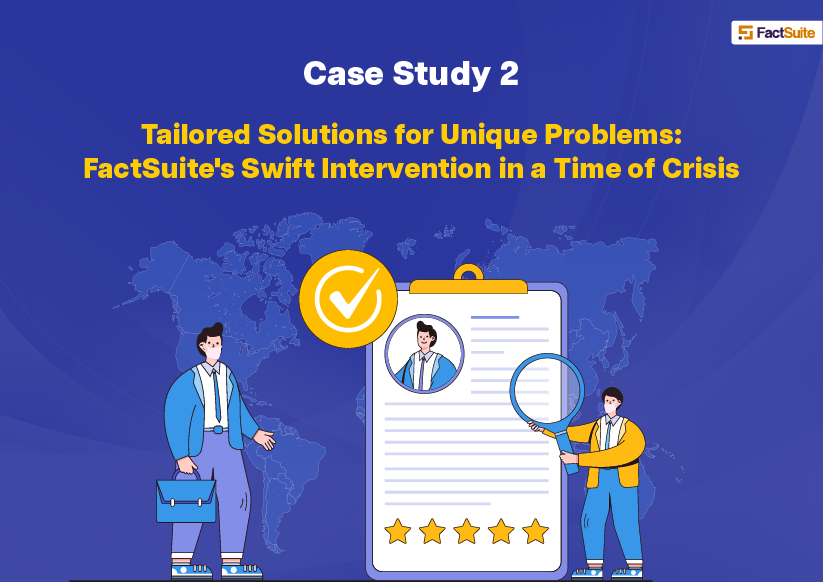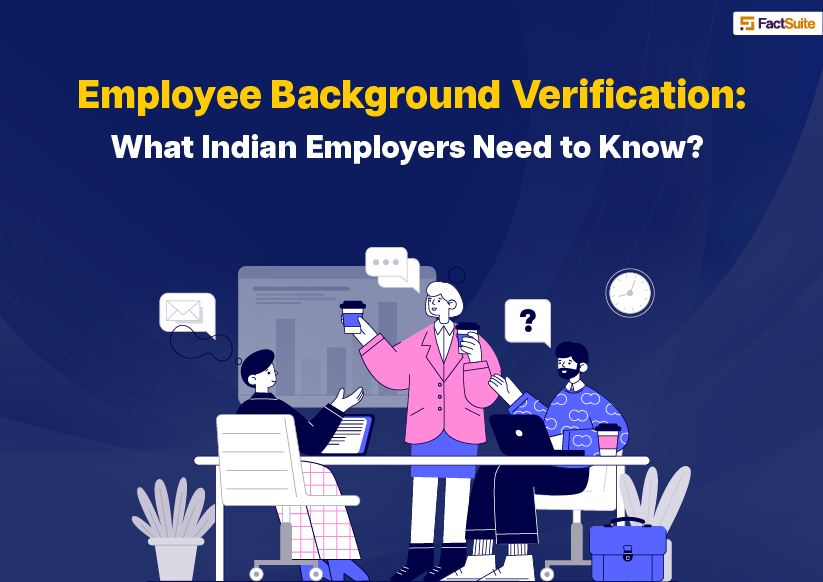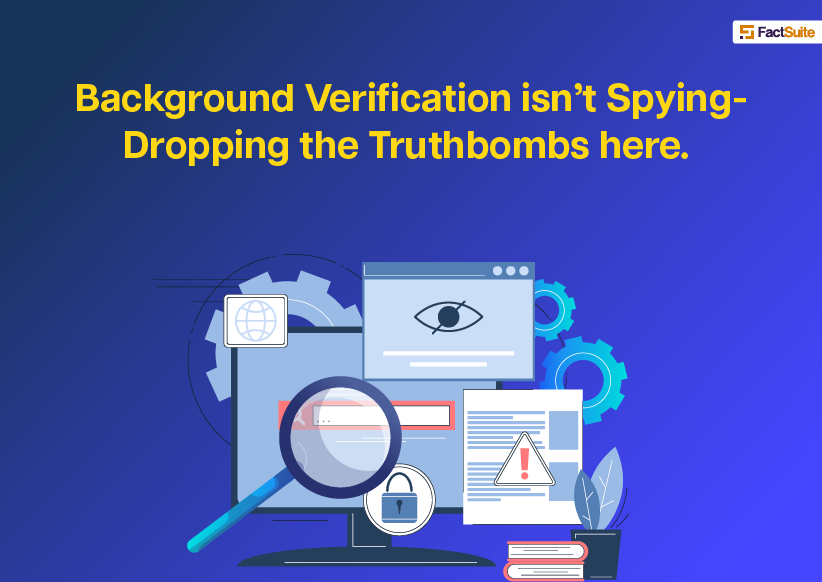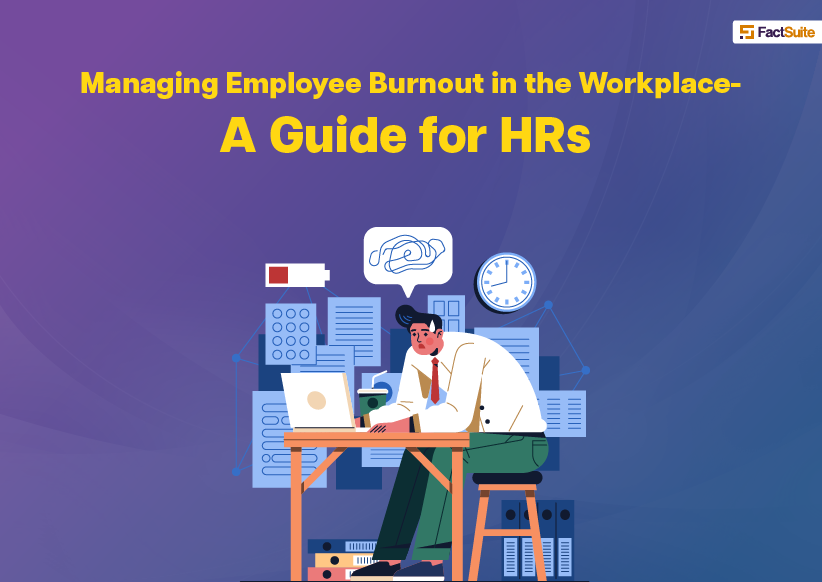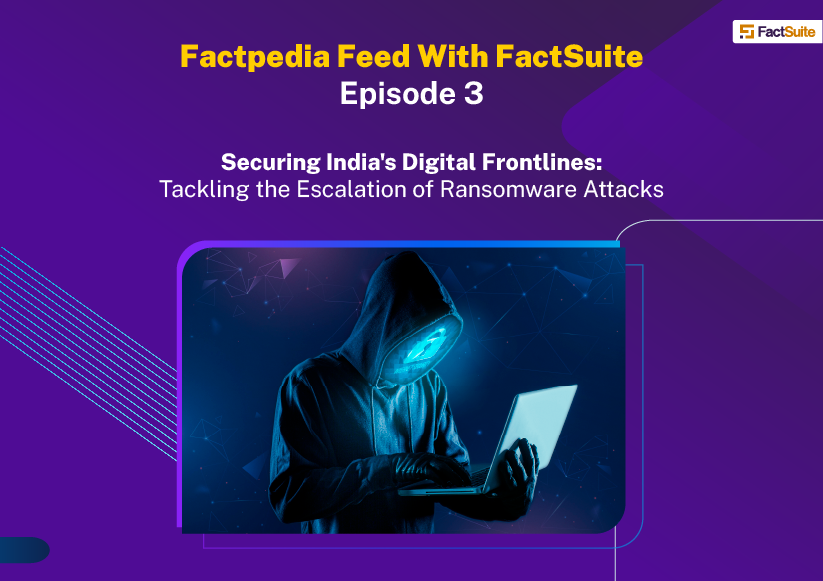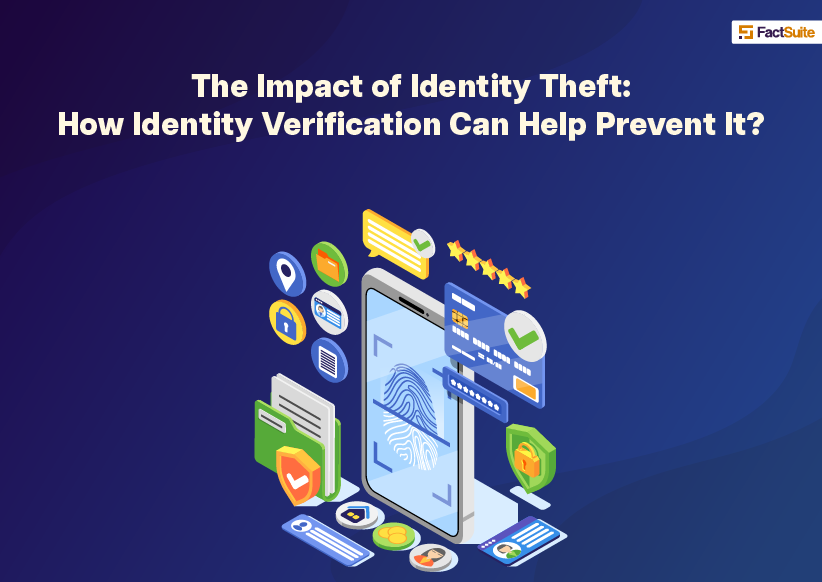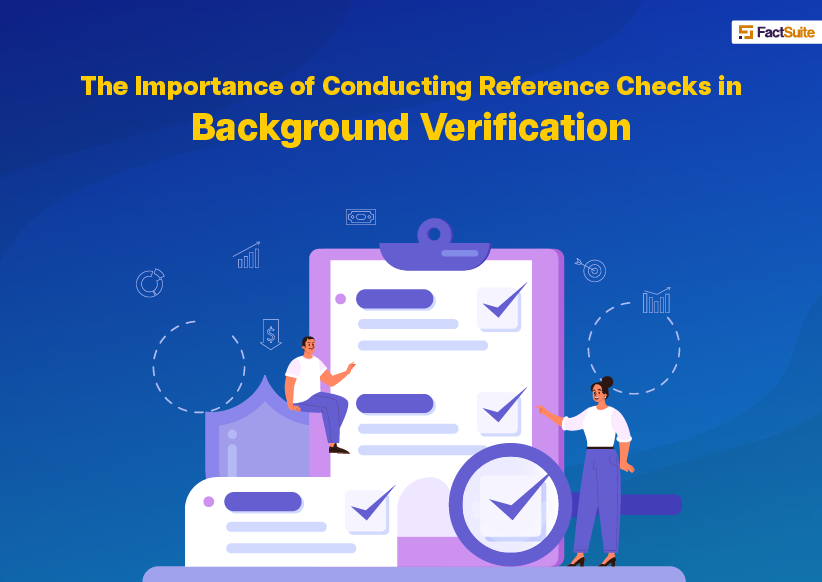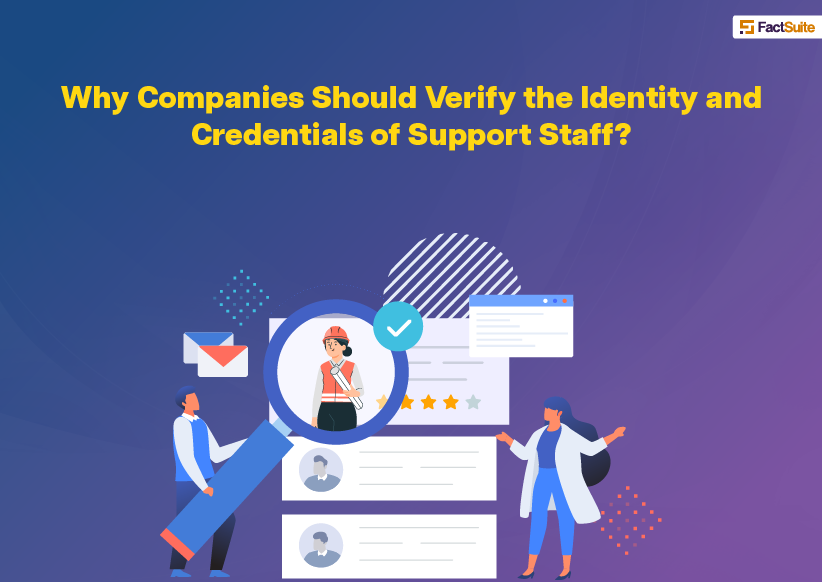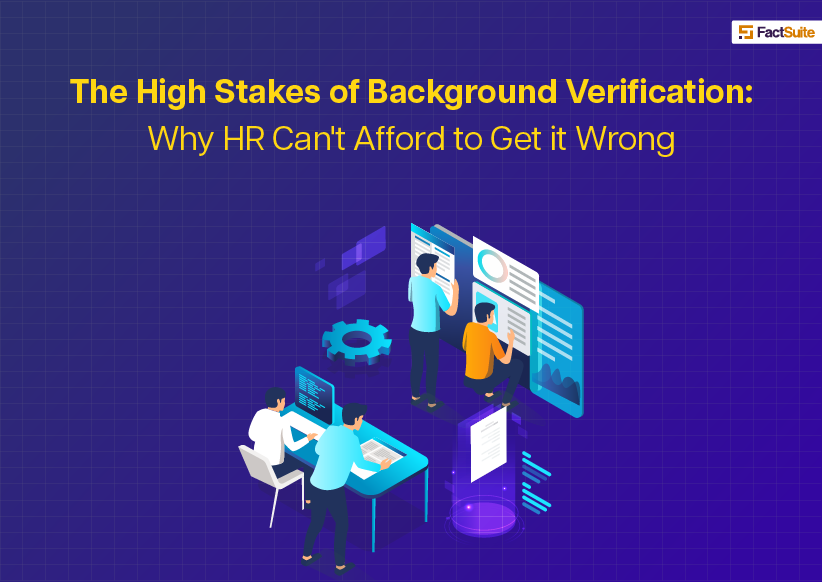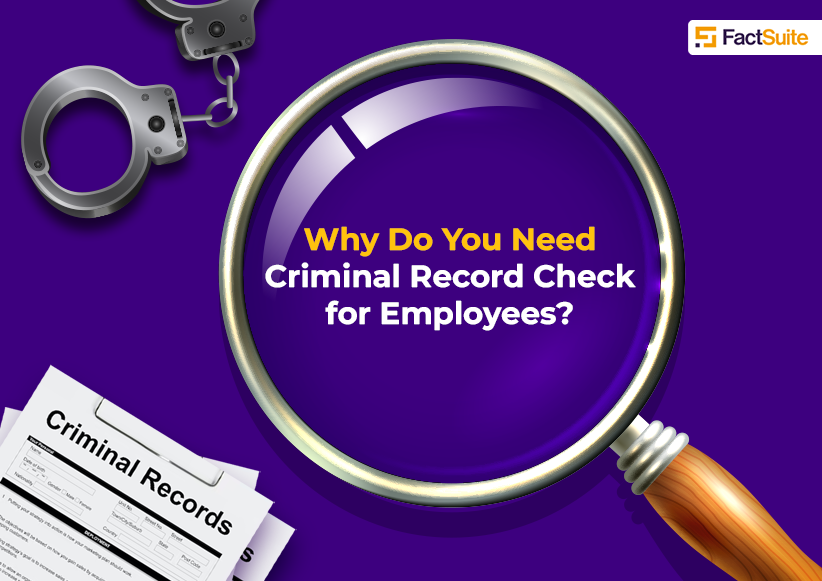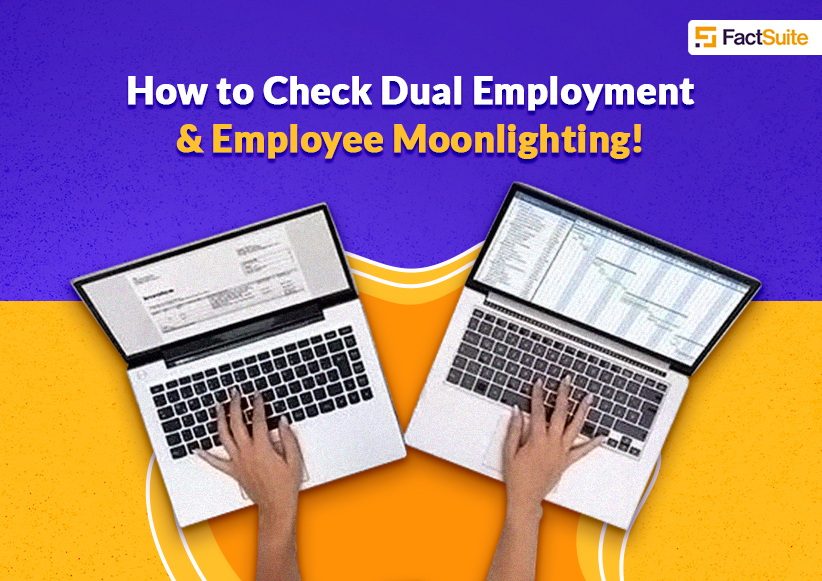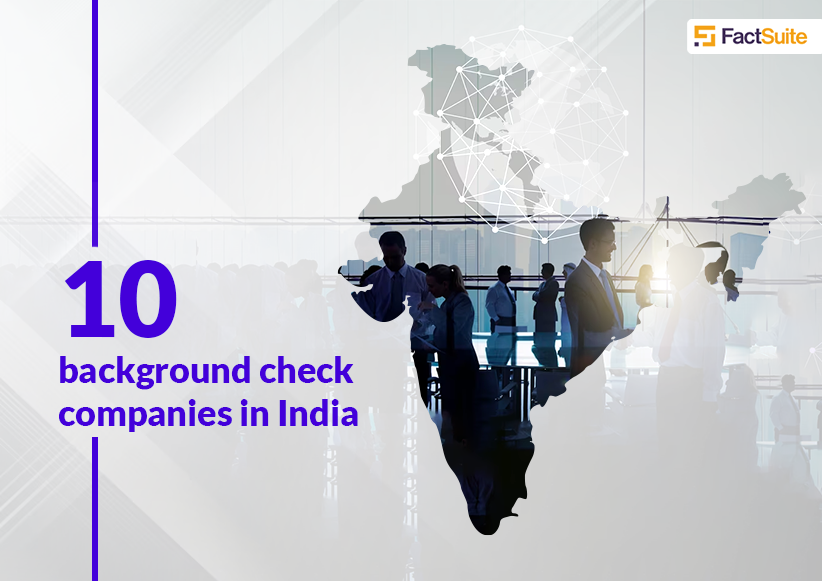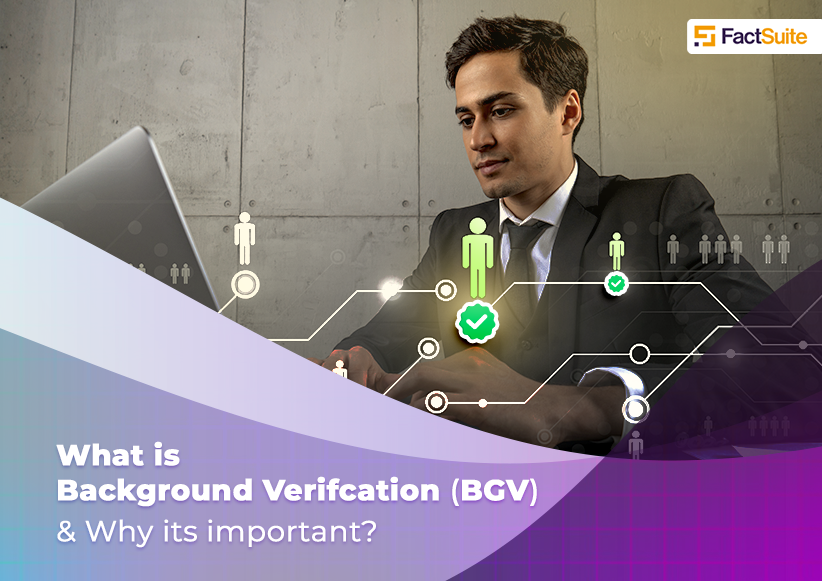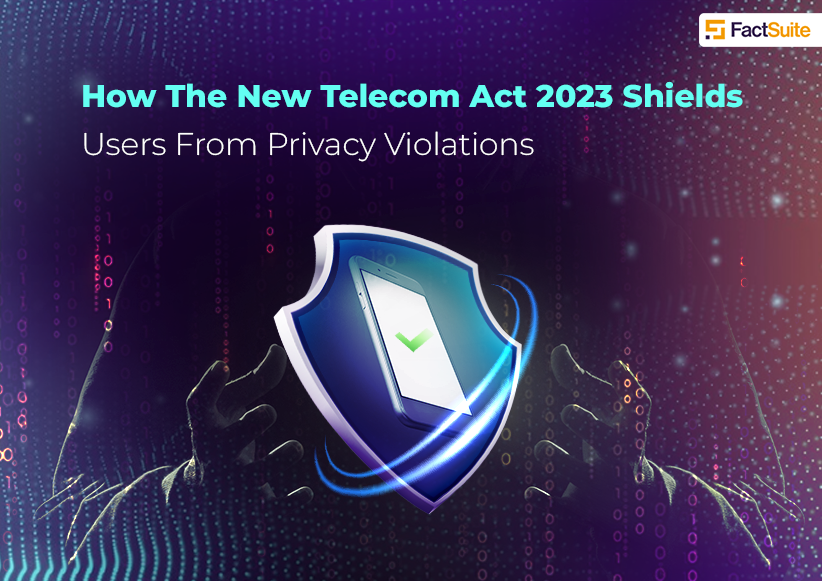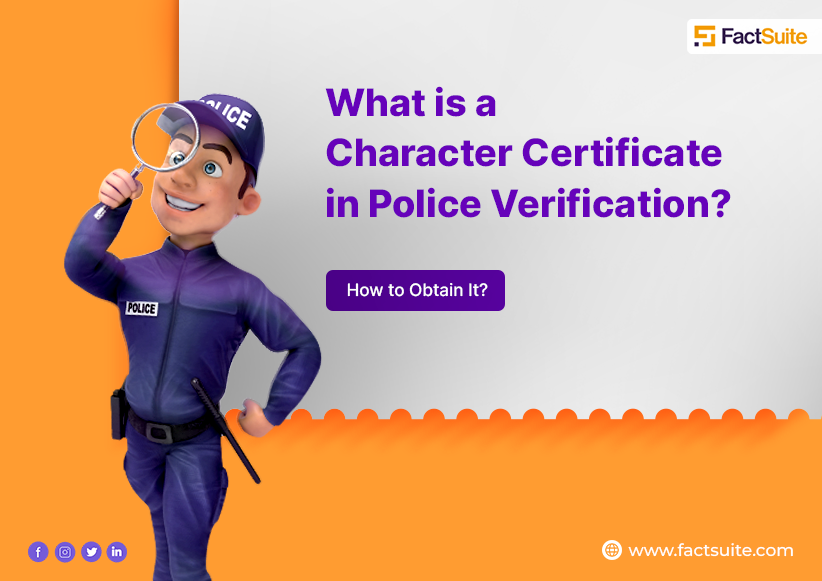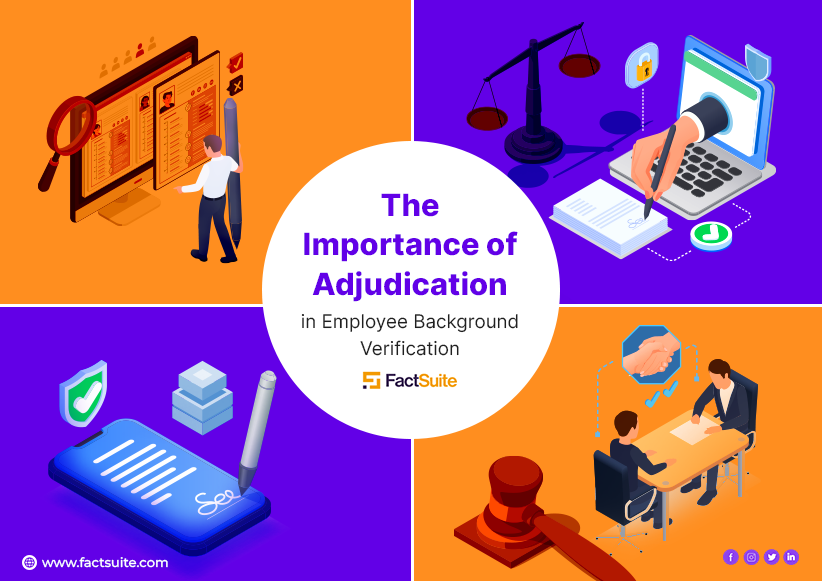BPSS Clearance Check for a Safe, Secure Workplace
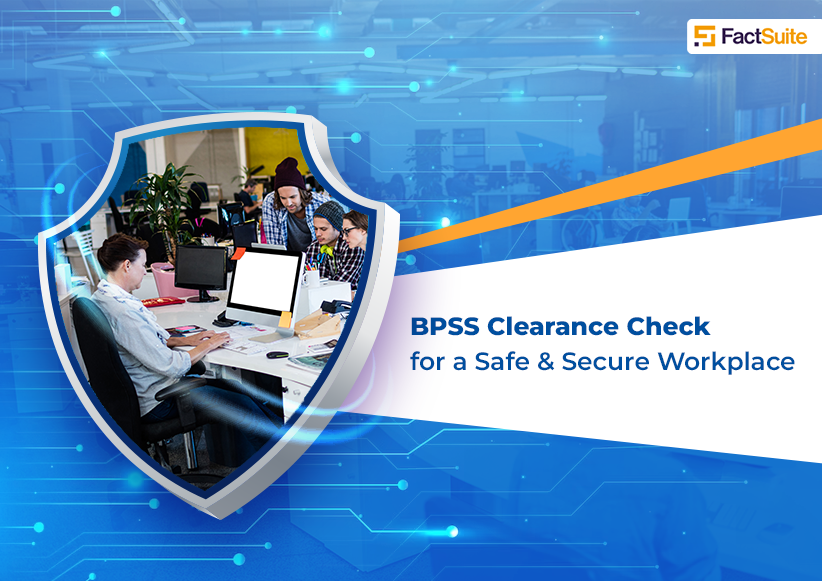
When it comes to maintaining a safe and secure workplace, one crucial aspect that often gets overlooked is BPSS clearance. Understanding the significance of BPSS clearance, what it entails, and who it covers can make a world of difference in ensuring the safety and security of your organization. In this blog, we will delve into the world of BPSS clearance, discussing its necessity, what's included, how it works, and the requirements for obtaining it.
Table of Contents
- What is a BPSS clearance and who does it cover?
- Understanding BPSS Clearance
- What’s included in BPSS clearance?
- How BPSS clearance works
- Requirements for BPSS Clearance
- Benefits of BPSS Clearance
- Importance of BPSS Clearance for Security
- How long does it take to get BPSS clearance?
- BPSS – how long do they last?
- BPSS Certificate
- FAQs
- What Happens If a Candidate Fails BPSS Screening?
- Why is BPSS Screening Important?
- How Long is a BPSS Clearance Valid?
- How can BPSS Screening Protect my Business?
What is a BPSS clearance and who does it cover?
Before we dive deeper into BPSS clearance, let's start with the basics. BPSS stands for Baseline Personnel Security Standard. It is a fundamental security clearance level designed to verify an individual's suitability to access sensitive information, work in specific roles, or enter secure environments. BPSS clearance check covers a wide range of individuals, from government employees to contractors, volunteers, and more. Understanding the scope of coverage is essential for any organization that values security and safety.
Understanding BPSS Clearance
BPSS clearance check goes beyond a mere background check; it is a comprehensive process that involves scrutinizing an individual's personal, professional, and financial history. This examination aims to ensure that individuals with BPSS clearance are trustworthy and do not pose a security risk. Understanding the nuances of this process can help organizations make informed decisions about whom to grant access to sensitive areas or information.
What’s included in BPSS clearance?
BPSS (Baseline Personnel Security Standard) clearance is a comprehensive security evaluation that comprises four essential elements, often referred to as "RICE." These elements are crucial for assessing an individual's suitability for access to sensitive information or secure environments. To obtain BPSS clearance, candidates must successfully pass all four elements, ensuring a thorough evaluation that contributes to a safer and more secure workplace environment.
1. Right to Work (R):
In the "Right to Work" element of a BPSS clearance, the focus is on verifying whether candidates are entitled to take up a specific position based on their nationality and immigration status. This verification ensures that candidates meet the legal requirements necessary to work in the given role.
2. Identity (I):
The "Identity" element involves conducting a full ID check on candidates. This is a rigorous examination of the candidate's personal information and identification documents to ensure they are who they claim to be. Verifying identity is a fundamental step in maintaining the integrity and security of the clearance process.
3. Criminal Records (C):
While BPSS clearance is not identical to a Disclosure and Barring Service (DBS) check, it does include a check of criminal records as part of its comprehensive assessment. This typically involves a Basic Disclosure, which helps identify any past criminal convictions or relevant legal issues that might impact an individual's suitability for the position or access.
4. Employment History Check (E):
The "Employment History Check" is a crucial aspect of BPSS clearance, requiring confirmation of a candidate's past three years of employment history or activity. This verification helps ensure transparency and honesty about a candidate's work history and activities leading up to the clearance application.
Additionally, if candidates have spent six months or more overseas within the last three years, they must declare this as part of the BPSS clearance process. This information is vital, as it may trigger the need for international criminal record checks, which can be easily performed in collaboration with our offices in multiple European countries.
By encompassing these four essential elements within the BPSS clearance process, organizations can be confident that individuals who receive this clearance have undergone a rigorous evaluation. This, in turn, contributes to creating a safer and more secure workplace environment, where the risk of unauthorized access to sensitive information or areas is significantly reduced. The meticulous examination of "RICE" ensures that only qualified and trustworthy individuals are granted BPSS clearance, upholding the highest security standards.
How BPSS clearance works
Understanding the intricacies of the BPPS necessity (Baseline Personnel Security Standard) clearance process is vital for any organization that relies on it. This thorough examination ensures that your organization remains in compliance with security regulations and upholds the highest standards of safety. Let's delve into the step-by-step workings of how BPSS clearance check is obtained, processed, and maintained, shedding light on its fundamental purposes and broader implications.
Steps in Obtaining BPSS Clearance:
The BPSS clearance process involves several key steps, starting with the candidate's application for clearance. Candidates must provide the necessary information and documentation, including their right to work, identity verification, criminal records, and employment history. Additionally, they must declare any significant time spent overseas in the last three years.
Thorough Assessment:
Once the application is received, security professionals carefully assess each element of the clearance. This includes scrutinizing the right to work, verifying the candidate's identity, conducting criminal record checks, and confirming their employment history. Any discrepancies or issues are thoroughly investigated.
Compliance and National Security:
At a macro level, BPSS Check are also designed to reinforce and protect national security. By ensuring that individuals with access to sensitive information or secure areas meet these stringent standards, the country and the community are safeguarded against untoward dangers. These dangers could range from threats to citizens, their way of life, the integrity of the nation, and national interests. BPSS clearance plays a vital role in maintaining order and well-being.
Ongoing Monitoring and Maintenance:
BPSS clearance is not a one-time process. It often involves ongoing monitoring of the individuals who hold it to ensure that they continue to meet the required standards of trustworthiness, integrity, and reliability. This includes periodic re-evaluations and reviews to account for any changes in circumstances or conduct.
By understanding how BPSS Check works, organizations can ensure that they maintain a secure and compliant workplace environment. This process not only safeguards the organization against potential risks but also contributes to the broader goals of preserving national security and protecting the well-being of the community. Ultimately, BPSS clearance is a robust and multifaceted system that helps to maintain the highest standards of safety and integrity, both within organizations and on a national level.
Requirements for BPSS Clearance
To obtain BPSS check clearance, individuals must meet specific requirements, including:
- Legal Right to Work: Candidates must have the legal right to work in the relevant jurisdiction.
- Identity Verification: Thorough checks are conducted to confirm the candidate's identity.
- Criminal Record Check: A Basic Disclosure is performed to identify any past criminal convictions or legal issues.
- Employment History Confirmation: Candidates must provide a detailed employment history for the past three years.
- Overseas Activity Declaration: Individuals who have spent six months or more overseas in the last three years must declare this, potentially triggering international criminal record checks.
- Honesty and Transparency: Candidates must be honest and transparent throughout the process, providing accurate and complete information.
- Continuing Compliance: BPSS clearance often involves ongoing monitoring and periodic reevaluations to ensure that candidates maintain the required standards.
Benefits of BPSS Clearance
BPSS (Baseline Personnel Security Standard) clearance provides numerous benefits for both individuals and organizations. These advantages include heightened security, regulatory compliance, increased trust and integrity, expanded career opportunities, and the protection of national security. BPPS necessity also reduces the risk of falsifications, promotes safety and well-being in the workplace, and effectively mitigates potential risks through ongoing monitoring and compliance. Understanding these benefits underscores BPPS necessity in maintaining high standards of security and trustworthiness.
Importance of BPSS Clearance for Security
-
BPSS clearance proactively mitigates risks by thoroughly vetting individuals, including checks on criminal records, employment history, and identity, to identify and address potential security threats.
-
It acts as a barrier to prevent unauthorized access to sensitive information and secure environments, effectively safeguarding organizations against data breaches and security compromises.
-
Individuals with BPSS clearance are certified to have the trustworthiness and integrity required to handle confidential data, ensuring the security of sensitive information.
-
Regulatory compliance with BPSS clearance is crucial in sectors like government, defense, and critical infrastructure, aligning with broader security objectives and preventing legal penalties.
-
BPSS check clearance plays a pivotal role in safeguarding national security by ensuring that individuals with access to sensitive areas or information meet stringent security standards, protecting national interests, integrity, and citizens' well-being.
-
It serves as a deterrent against providing false information, reducing the risk of hiring individuals with dishonest or embellished credentials.
-
BPSS clearance fosters a secure workplace environment, promoting the safety and confidence of employees and stakeholders.
-
Ongoing monitoring and periodic reevaluations are essential components of BPSS clearance, allowing organizations to adapt to evolving security risks and maintain a high level of security readiness.
How long does it take to get BPSS clearance?
The timeframe for obtaining BPSS clearance is not fixed and can vary significantly based on several factors. The duration of BPSS screening depends on the candidate's responsiveness and the complexity of their employment history. Factors such as the thoroughness of the identity and criminal record checks, the candidate's ability to provide required information promptly, and any necessary international checks for those with significant overseas activities can all impact the overall duration of the BPSS clearance process. In general, candidates can expect the process to take several weeks to a few months, but it's important to be prepared for potential variations.
BPSS – how long do they last?
A BPSS clearance is typically considered valid for a period of 3 years from the date of issue. However, it's important to note that organizations may opt to renew or validate the clearance more frequently, depending on their internal policies or the nature of the role. This flexibility allows organizations to adapt to their specific security needs and maintain the highest standards of trustworthiness.
BPSS Certificate
Upon successful completion of the required checks, a candidate is granted BPS Security Clearance. At this stage, a BPSS Certificate is issued to the individual. It's crucial to emphasize that BPSS clearance is not merely a formality but a legal requirement, and organizations must ensure compliance with the established security standards. This certificate serves as evidence of the individual's clearance status and plays a vital role in verifying their eligibility for specific roles and access to sensitive information or secure areas.
FAQs
-
What Happens If a Candidate Fails BPSS Screening?
If a candidate fails BPSS screening, they are typically deemed ineligible for the role or access requiring the clearance.
-
Why is BPSS Screening Important?
BPSS screening is crucial for verifying an individual's trustworthiness and integrity, reducing security risks and ensuring regulatory compliance.
-
How Long is a BPSS Clearance Valid?
A BPSS clearance is generally valid for 3 years, but its duration can vary based on organizational policies and role requirements.
-
How can BPSS Screening Protect my Business?
BPSS screening safeguards your business by mitigating risks, preventing unauthorized access, and fostering a secure work environment, ultimately protecting your sensitive information and maintaining security standards.

